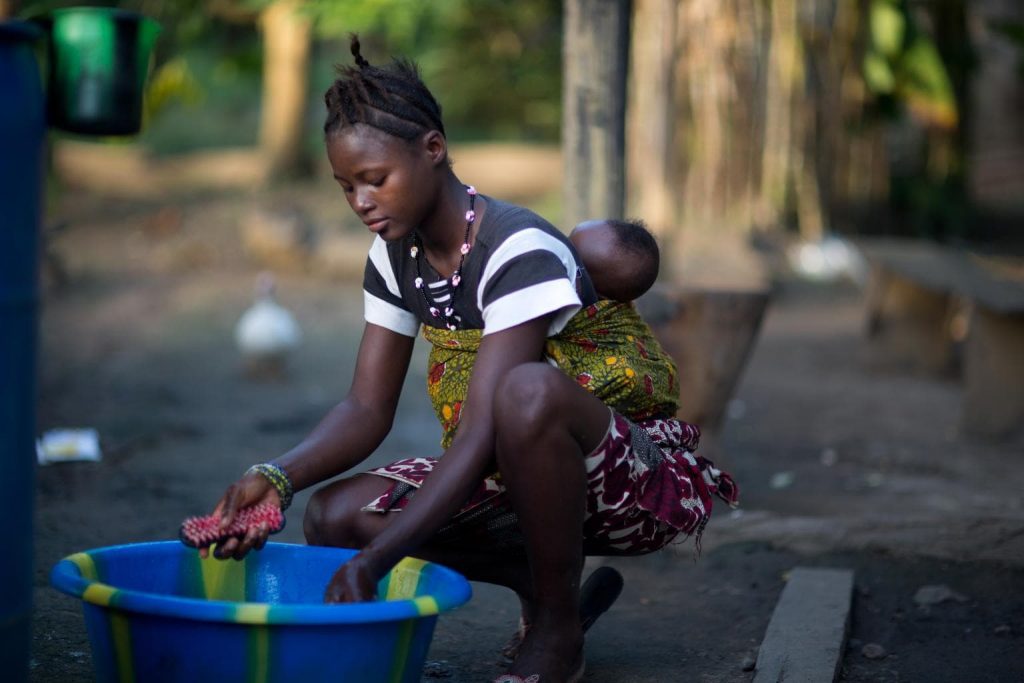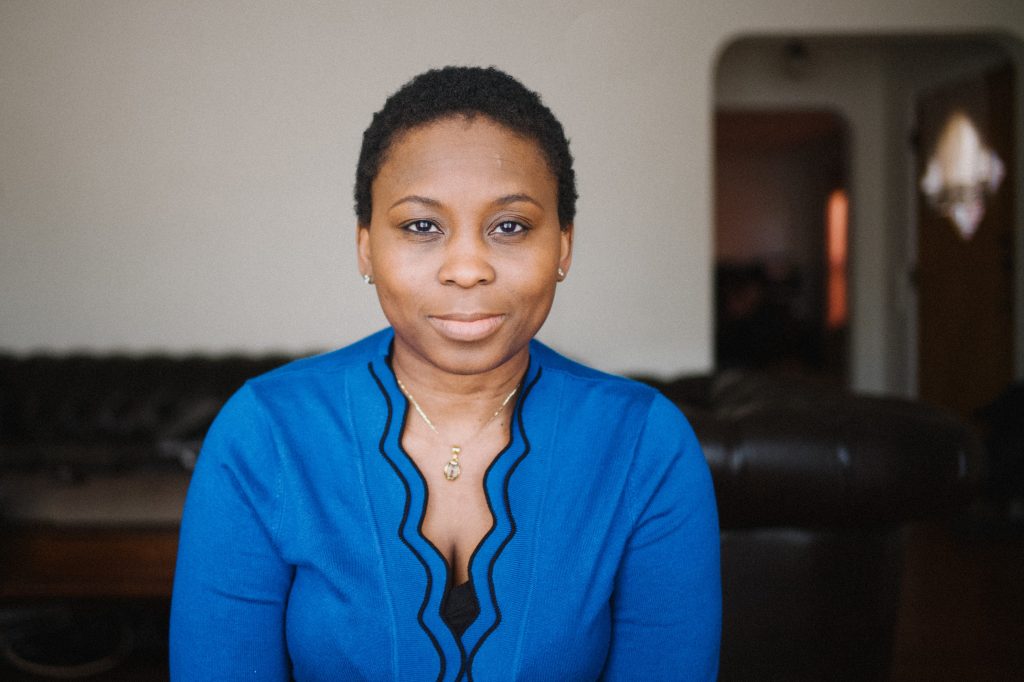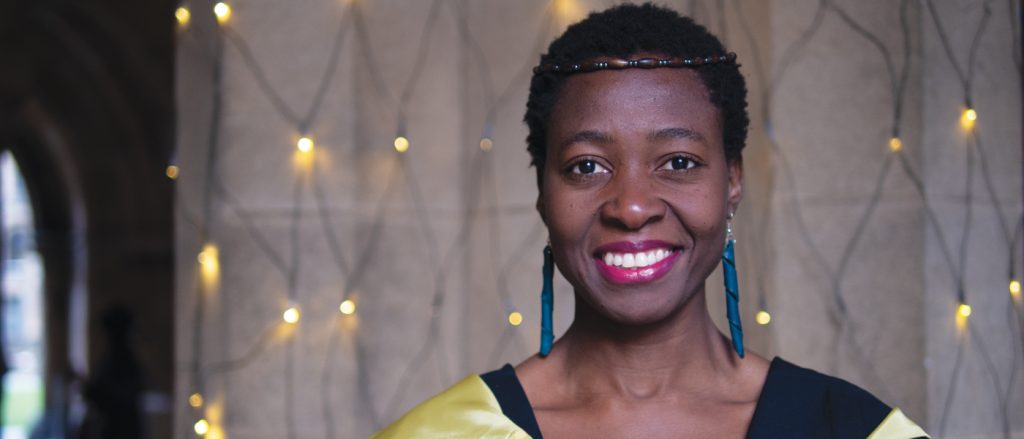TechInAfrica – We live in a modern age where advanced and innovative technologies are leveraged throughout the world. Everyone can thrive for success and improve their livings. Despite the amazing things currently happening around us, there are still signs of gender inequality anywhere, not only in Africa but also in other places around the globe.
There are some actions we can take to support gender equality through women empowerment. A report by the United Nations revealed that empowering women in the sectors of economics, education, human rights, and politics, has given significant benefits, including achieving faster economic growth.
Here are five innovative ways we can do to support women empowerment, particularly in Africa as cited from Africa.com:
- Eliminating Child Marriage

The World Bank statistics show that around 15 million girls around the world are married before they reached 18. This not only leads to negative personal development but also economic issues for the women themselves and the country they live in.
In Africa, the efforts to eradicate child marriages have gained its momentum seem by the initiative run by Malawian Chief Theresa Kachindamoto. UNICEF noted that in 2016, Chief Kachindamoto had dissolved more than 800 child marriages within three years period in the Malawian Dedza district.
The main goal of the effort is to make sure that children are in schools to get the proper education they need as well as to reduce abuse and health risks related to early child marriages. Her work has given a better chance for those children to live a healthy life.
- Eliminating Customs and Traditions that Put Women and Girls at Disadvantage

In many traditions and cultural customs in the world, women and children’s rights are subjected and abused. This has led to political and economic exclusion where lesser women contribute to these sectors. By eliminating the customs and traditions, we give them a chance to have a better future.
Memory Banda, a Malawian gender rights activist, has been working with the Girls Empowerment Network to stop child marriage abuse and a custom “kusasa fumbi” that put girls at disadvantage. The practice of the custom results in significant risks for girls, including HIV/AIDS, falling pregnant, health complications related to early pregnancy, and making them leaves schools.
- Empowering Women Through Social Media Platforms

Social media nowadays is a platform where people can share their daily activities and lives with each other. It can be a space for advocacy and inclusion. At some point, social media communities are able to give needed support for each other regarding issues they face.
There is this popular private Facebook group in Nigeria known as Female in Nigeria (FIN) which was created by Lola Omolola. The group aims at connecting and banding women to talk about their issues and solve them together, initiating change in their lives at the grassroots level.
- Empowering Women Through Small Businesses

Empowering women through small businesses can be a long-term way to support them and the community members. Moreover, it also provides jobs and opportunities for franchises. The best example for this is Africa’s bee farming sector.
In Ethiopia, bee farming is still done traditionally for the most part. However, the modernized farming bee has seen a positive impact, especially in attracting women to the sector. Women have been taking parts, including selling products locally at markets. It is their main source of income which accounts for about 90% of all sales.
Meanwhile, in Kenya, the bee farming sector has attracted approximately 50% of women. This number can contribute greatly to high demand for bee products from the country as well as affordable access into the sector where farmers don’t have to pay much money to land onto the sector.
- Empowering Women Through Technology and Energy

The technology and energy sectors in Africa have gained its momentum with an American rapper Akon provides affordable solar power across 14 African countries and Moroccan Ouarzazate Solar Power Station leads the way in innovative technology and energy on the continent.
Nearly 600 million Sub-Saharan Africans live without electricity, thus, this is the right opportunity to improve the lives’ of the people in areas such as health, well-being, and infrastructure. In addition, the sector empowers women entrepreneurs to take part in the business and be able to access energy and technology at the same time.
Eunice Ntobedzi, a business owner of EmPowered FinTech API/Service and Director of Sandico (Pty) Botswana. Not only as an innovator, but Ntobedzi also employs women electrical engineers to support the development of the project in Botswana.
Source: Africa.com




